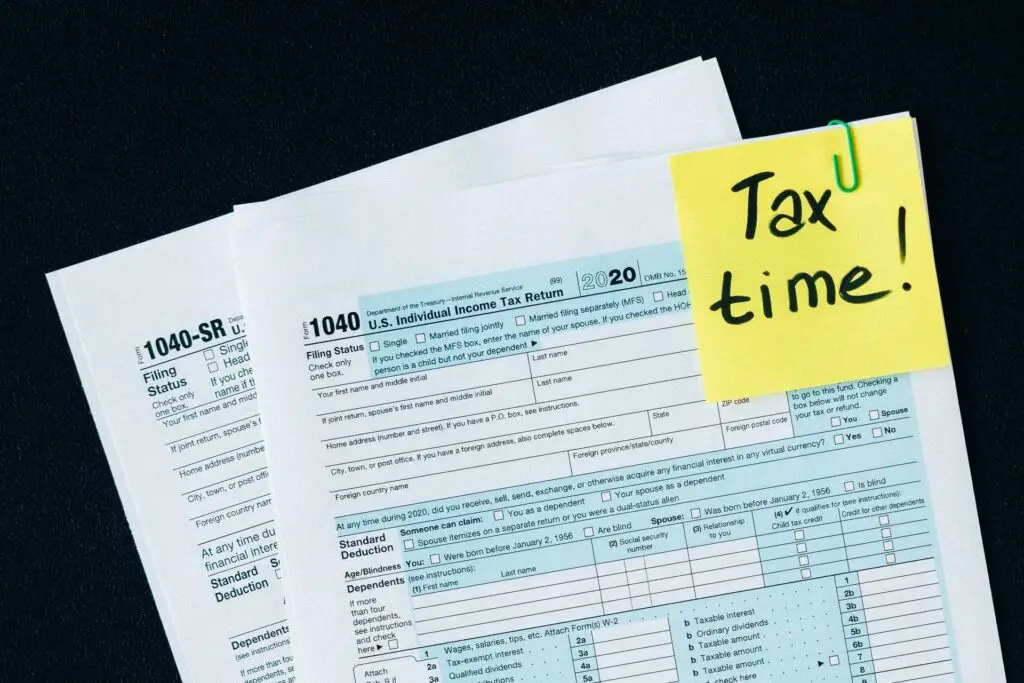Physical Address
304 North Cardinal St.
Dorchester Center, MA 02124
Physical Address
304 North Cardinal St.
Dorchester Center, MA 02124
One of the things every homeowner is looking forward to is the end of the year when tax returns take place. And as a first-time homebuyer, you probably wonder is mortgage tax tax-deductible. When we talk about mortgage tax, we refer to mortgage recording taxes. Let’s explain this in more detail.
Is mortgage tax tax-deductible, or is it possible to get tax returns on mortgage recording tax? The answer is no. But it can lead to a deferred reduction in taxes.

However, property taxes and mortgage interest are deductible. On the other hand, these mortgage recording taxes are not imposed in every state. Keep reading and find out all there is to know about how to save money when buying a property.
A mortgage tax or recording tax is something that the state or local government enforces on you to pay whenever you obtain a mortgage. Once you are approved for a mortgage, you will have to pay a certain amount to the government to document the loan transaction. Currently, seven states are enforcing mortgage tax:
Applying for a mortgage will most certainly come with some closing costs and lender’s fees, but also other expenditures, such as mortgage insurance. If you purchase a home in some of the states listed above, you will have to pay recording tax. Calculating these taxes is easy. All you need to do is take the principal of your loan, divide it by 100, and round it to the nearest whole number. Then take that number and multiply it by your state recording tax rate. If you hire a mortgage broker, this will be something he will calculate for you.

Even though mortgage recording taxes are not tax-deductible, in most states these taxes don’t even exist. Still, you will be lucky to hear that you can deduct other things such as property and mortgage interest. First, let’s explain what mortgage interest and property taxes are.
Mortgage interest is any interest you pay to your lender on the amount of loan or mortgage you took to pay for a property. Most payments towards your lender will be mortgage interest in the first couple of years of your mortgage. These loans can be fixed or adjustable-rate mortgages.
Property tax is a tax you pay toward the government for owning a property. These taxes are usually issued annually, and rates vary from state to state. These taxes can be issued for cars, houses, or land. The taxes are calculated by multiplying the state property tax rate by the property’s current market value.
Both of these taxes can be tax-deductible. Here is a list of all taxes and fees you will pay once you purchase a house, and not all of them are tax-deductible.
| Are deductible | Are not deductible | |
| Interest on a mortgage | x | |
| Mortgage points | x | |
| Homeowners insurance | x | |
| Extra principal payments you make on your mortgage | x | |
| Title insurance | x | |
| Settlement costs | x | |
| Interest on a home equity loan | Deductible if you use the money for the home | |
| Deposits | x | |
| Prepayment penalties | x | |
| Late payment charges on a mortgage payment | x |
Now that you know what is deductible and what is not, it is time to learn how to put this knowledge to use. If you have a tax advisor, he will do most of the hard work for you. Still, if you wish to have easy calculations at the end of the year, you need to keep good records and know your way around IRS form. Here are the steps you need to take:
As we mentioned, you can get deductions on property taxes as well, and the process is similar for mortgage interest deductions. First, you need to find your tax records. A local authority can give you these records. Next, you must exclude stuff that doesn’t count. Only taxes that are assessed uniformly at a similar rate for similar property in the community can be deducted. After this, you should file for the Schedule A form and itemize your taxes.
Note some groups of people are excluded from the property taxes, such as homestead, persons with disabilities, senior citizens, and veterans/disabled veterans.

Purchasing a home is a complicated and serious financial obligation you will carry on your shoulders for a long time. It is crucial to know what you will be paying and for how long. And you need to find a good lender with the best rates and fees. Still, buying a home will bring many more benefits (aside from the fact you will have a roof over your head). Your credit score will be much bigger, you will be eligible for other loans, you will always have a passive income in your home equity, and in the end, you will get tax deductions. And they come in handy once you get your returns every year.